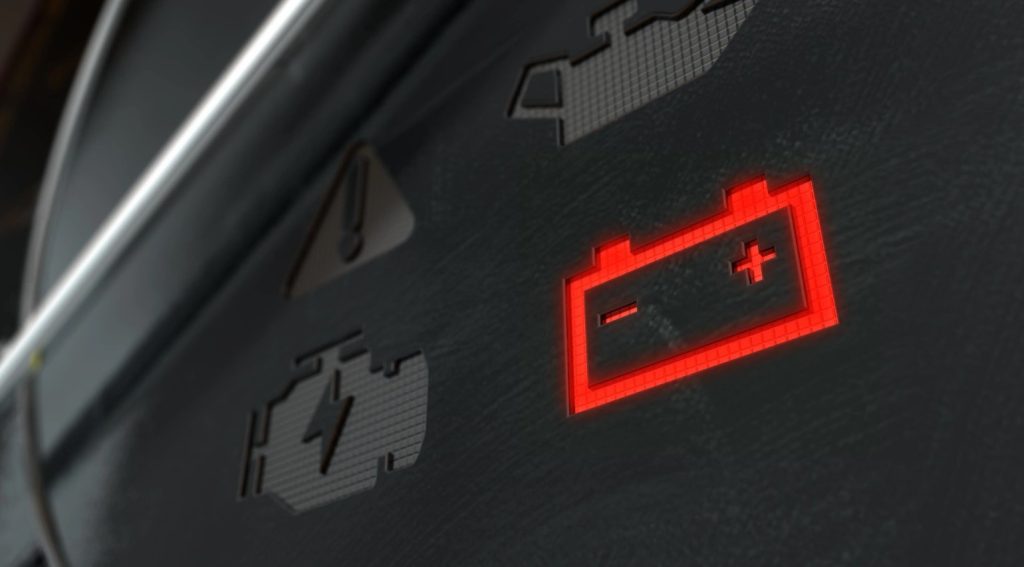
When it comes to powering a car, gas gets all the attention (which is understandable given the prices over the past few months). But in addition to your fuel gauge, you should also keep an eye on your battery level. Batteries perform multiple functions in vehicles—including providing the power you need to start your car.
And with so many different expenses associated with your car, you’re probably trying to keep costs down. One way to do that is to make a few small changes that can extend the life of your battery. Here are some to consider.
Avoid frequent short trips
Starting your car is a strain on your battery. Fortunately, when you drive, the engine recharges the battery. When you make frequent short trips in the car, the battery gets a workout every time, but isn’t running long enough for it to be recharged. Doing this on a daily basis can shorten the life of your battery, so try to avoid regular short drives.
Check lights and doors
Get in the habit of making sure all the lights in the vehicle—the headlights, as well as those in the interior—are turned off when you’re finished driving for the day/night. Part of that is checking to see that all the doors, as well as the trunk and glove compartment, are closed. This is a good idea not only for security reasons, but also because leaving any of these doors open usually triggers an interior light that can drain your battery if left overnight or for longer periods of time.
Try to avoid extreme temperatures
Batteries don’t like it when it’s very hot or very cold out, so if it’s possible to park it somewhere with fewer temperature fluctuations—like a garage in the winter, or somewhere shady in the summer—it can help your battery last longer.























